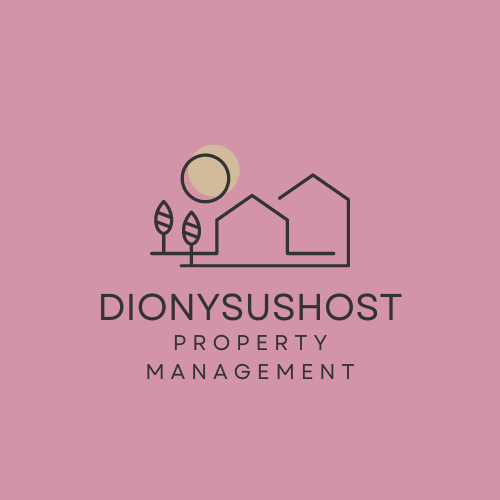
With the rise of short-term rental platforms like Airbnb, many homeowners in the Netherlands are exploring the potential of renting out their properties. However, navigating the various local regulations is crucial to ensuring a smooth and legal experience. Whether you’re new to short-term rentals or a seasoned host, understanding these rules is essential.
Overview of Airbnb Regulations in the Netherlands
Airbnb regulations in the Netherlands can vary significantly depending on the city where your property is located. While there are national regulations, such as the requirement to collect and remit Tourist Tax and mandatory registration in some cases, the specifics can differ greatly between urban and rural areas. The rules are notably stricter in major cities compared to the rest of the Netherlands, including the countryside. Therefore, it’s vital to check the regulations applicable to your specific location before listing your property on Airbnb or similar platforms.
City-Specific Regulations
Amsterdam is the most regulated city when it comes to short-term rentals. Homeowners in Amsterdam are limited to renting out their entire home for a maximum of 30 nights per year. Additionally, they must register their property with the local government and obtain proper permits. Failure to comply with these rules can result in hefty fines.
Rotterdam has its own set of regulations for short-term rentals. In Rotterdam, homeowners must register their property and obtain a permit if they plan to rent it out for more than 60 days per year. The city also imposes a limit on the number of guests allowed per stay, typically capped at four. Additionally, property owners are required to adhere to strict fire safety regulations to ensure the safety of their guests.
The Hague has specific rules for homeowners interested in holiday rentals. If you’re going on holiday, you can rent out your home to tourists for a maximum of 30 nights per year. This is only allowed for short-term rentals, and you must obtain a permit and registration number from the municipality.
Utrecht allows homeowners to rent out their entire property for up to 60 days per year, similar to Rotterdam. Like other cities, Utrecht imposes regulations on the maximum number of guests (usually four) and ensures that the property meets safety standards.
Countryside and Rural Areas
In contrast to the stringent regulations in big cities, the countryside and rural areas of the Netherlands often have more lenient rules regarding short-term rentals. Regulations in these areas may be less restrictive, but they can still vary by municipality. Therefore, it’s essential to verify the specific regulations for your location to ensure compliance.
Navigating the Regulations
Navigating these local regulations can be challenging, but CohostingExperts.com is here to help. We specialize in managing properties for short and mid-term rentals, and our team is well-versed in the local laws and requirements across the Netherlands. Whether your property is in Amsterdam, Rotterdam, The Hague, Utrecht, or a rural area, we can assist you in ensuring full compliance with all relevant regulations.
Conclusion
Navigating the complex web of Airbnb regulations in the Netherlands can be challenging, but it’s a necessary part of being a responsible host. By staying informed and following local rules—whether in bustling cities or tranquil countryside—you can enjoy the benefits of short-term rentals while avoiding costly penalties. If you’re unsure about the regulations in your area, consider reaching out to CohostingExperts.com. Our team can help you manage your property in full compliance with local laws, so you can focus on maximizing your rental income without the stress of legal complications.

Geef een reactie